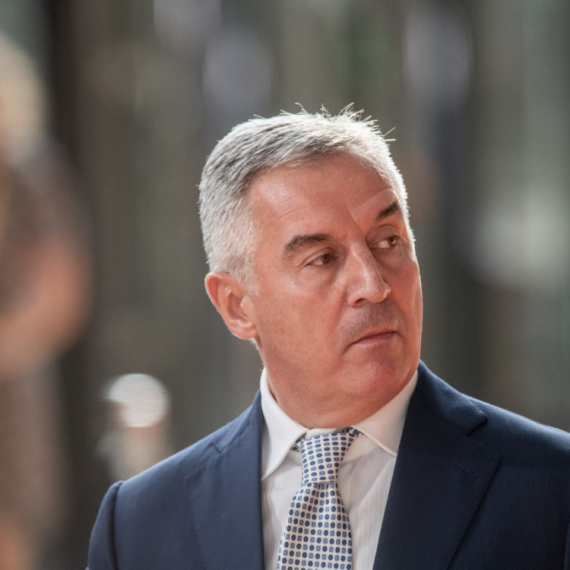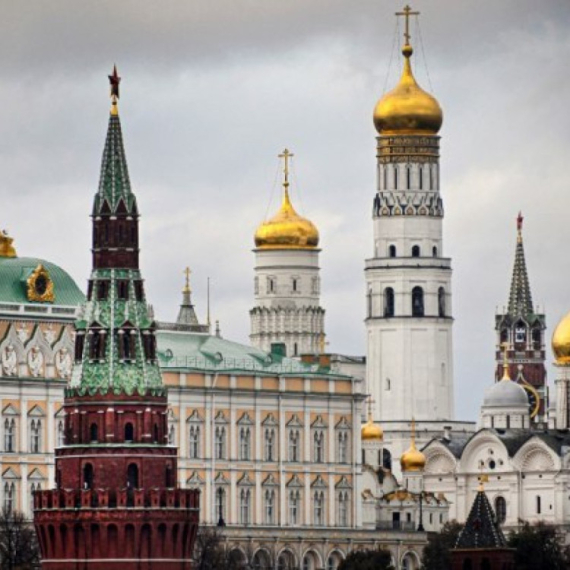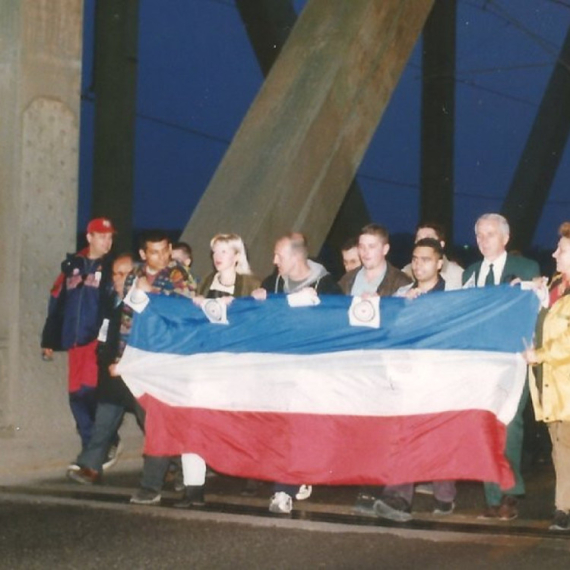MPs discuss decentralization proposal
Soon after the Serbian parliament started a discussion on a United Regions of Serbia (URS) decentralization proposal today, the party's MPs left the session.
Wednesday, 15.06.2011.
13:35

Soon after the Serbian parliament started a discussion on a United Regions of Serbia (URS) decentralization proposal today, the party's MPs left the session. The session continued after a half-hour break. MPs discuss decentralization proposal MPs are discussing the URS’ proposal that should lead to decentralization of the state. The first in line is financial decentralization, i.e. the Law on Local Self-Government Financing. Liberal Democratic Party (LDP) suggested that the MPs discuss the proposal for ten instead of five hours. When parliament was supposed to vote on it the URS MPs left the session so there would be no quorum. MPs returned after half an hour and the session continued. According to earlier announcements, it is expected that the Democratic Party (DS) will submit certain amendments and support the law on decentralization. Opposition parties have, on the other hand, announced that they will not vote in favor of it. URS leader Mladjan Dinkic told B92 ahead of the debate that he expected the law to be adopted by majority of votes. He said that those who opposed the proposal were “centralists” who were afraid that political monopoly’s influence would be diminished. The parliament discussion followed after numerous debates, in which International Monetary Fund (IMF) representatives also took part, whether parliament should adopt the law or not. IMF Resident Representative in Serbia Bogdan Lissovolik and the Fiscal Committee oppose the URS proposal, explaining that it would increase the budget deficit. The DS has therefore announced amendments and pointed out that it was a step toward decentralization but that it was not a comprehensive system solution that would result in decentralization and transfer of authority to local self-governments. The strongest opponent is the LDP, whose leader Cedomir Jovanovic claims that the proposal would cause a budget deficit worth RSD 43mn and he has therefore requested that the proposal be taken off the parliament agenda. Other opposition parties are also against the URS decentralization concept. On the other hand, the URS believes that changes to the law would allow poor local self-governments to increase their budgets by receiving allocated funds from the state budget and keep 80 percent of income taxes instead of current 40 percent. According to the proposal, Belgrade would be the only local self-government that would not get transfers from the state budget and those funds would be given to other towns and municipalities. However, the city of Belgrade would have a bigger budget as well because it would keep a higher percentage of income taxes just like other local self-governments, it is said in the draft law.
MPs discuss decentralization proposal
MPs are discussing the URS’ proposal that should lead to decentralization of the state.The first in line is financial decentralization, i.e. the Law on Local Self-Government Financing. Liberal Democratic Party (LDP) suggested that the MPs discuss the proposal for ten instead of five hours.
When parliament was supposed to vote on it the URS MPs left the session so there would be no quorum.
MPs returned after half an hour and the session continued.
According to earlier announcements, it is expected that the Democratic Party (DS) will submit certain amendments and support the law on decentralization. Opposition parties have, on the other hand, announced that they will not vote in favor of it. URS leader Mlađan Dinkić told B92 ahead of the debate that he expected the law to be adopted by majority of votes.
He said that those who opposed the proposal were “centralists” who were afraid that political monopoly’s influence would be diminished.
The parliament discussion followed after numerous debates, in which International Monetary Fund (IMF) representatives also took part, whether parliament should adopt the law or not.
IMF Resident Representative in Serbia Bogdan Lissovolik and the Fiscal Committee oppose the URS proposal, explaining that it would increase the budget deficit. The DS has therefore announced amendments and pointed out that it was a step toward decentralization but that it was not a comprehensive system solution that would result in decentralization and transfer of authority to local self-governments.
The strongest opponent is the LDP, whose leader Čedomir Jovanović claims that the proposal would cause a budget deficit worth RSD 43mn and he has therefore requested that the proposal be taken off the parliament agenda.
Other opposition parties are also against the URS decentralization concept.
On the other hand, the URS believes that changes to the law would allow poor local self-governments to increase their budgets by receiving allocated funds from the state budget and keep 80 percent of income taxes instead of current 40 percent.
According to the proposal, Belgrade would be the only local self-government that would not get transfers from the state budget and those funds would be given to other towns and municipalities.
However, the city of Belgrade would have a bigger budget as well because it would keep a higher percentage of income taxes just like other local self-governments, it is said in the draft law.


















































Komentari 1
Pogledaj komentare